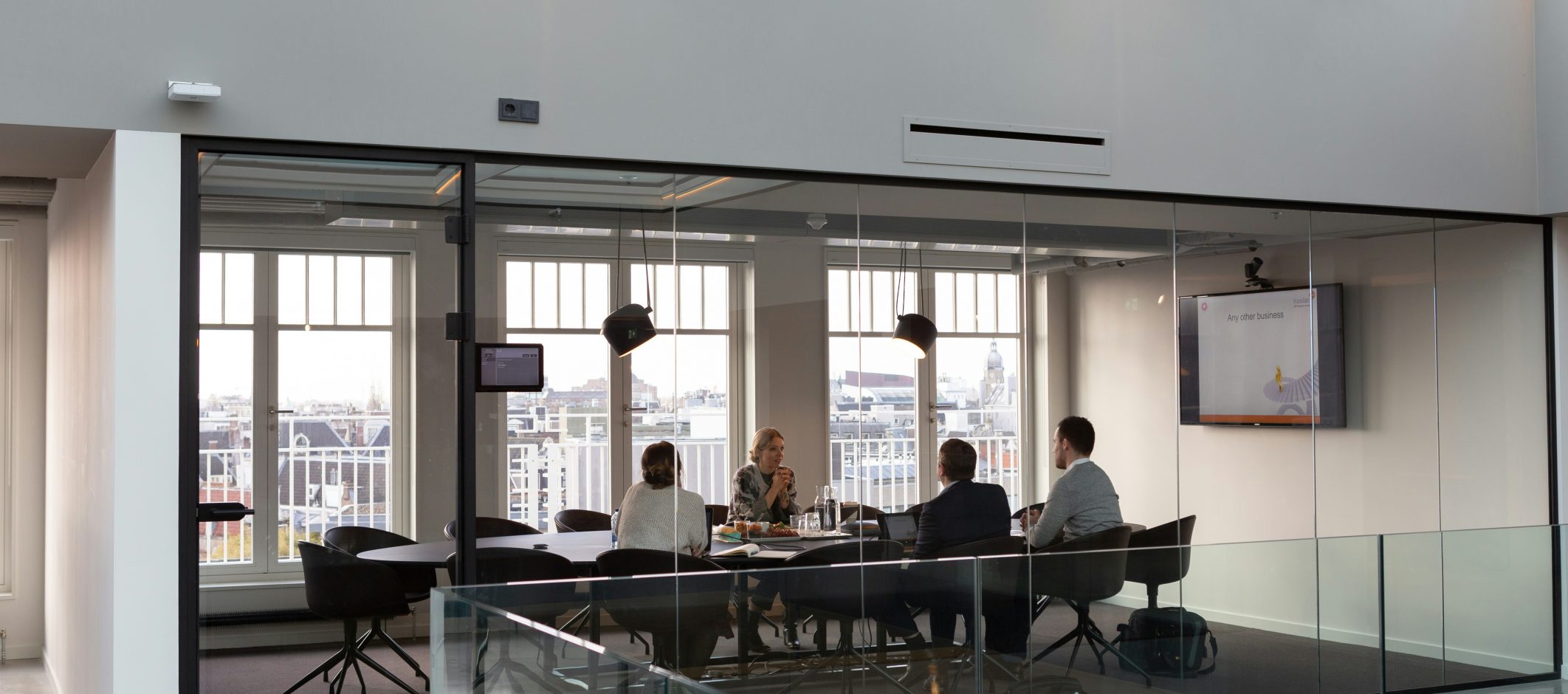We have reached a tipping point when companies must reinvent their business models to achieve future success. Some industry experts believe reinvention and demonstrating a contribution to society is critical, as companies are chosen by people, employees, investors and other partners. Isabelle Grosmaitre, the author of “Purpose-Led Companies, and How The Next Generation of Leaders Can Change The World”, believes that sustainability has become a competitive edge.
Businesses must reinvent their business model and prioritise sustainability within their organisation. Incorporating sustainability into the core of a business can be challenging, so how can companies achieve this?
Now, more than ever, sustainability must be at the core of leadership. According to studies by Edie, over 90% of employees believe their CEO engages with sustainability, and 82% think their companies will continue to increase their sustainability goals this year. It’s the responsibility of sustainable leaders to drive ambition into meaningful action.
Communicate and educate
In an Edie survey, three of the most critical skills in future sustainable business leaders are the ability to motivate and empower, collaborating and showing true passion. Sustainability leaders are typically strong communicators, engaging employees, customers and investors. They should also be flexible learners, recognising changes in new regulations and managing the progression of ESG strategies.
Collaboration is critical
No single business is capable of solving the climate challenge. There is a rising need for companies to collaborate. Sustainable leaders must rethink their approach and not see their competitors as a barrier to tackling climate change. Through collaboration, sharing best practices and learning from others, businesses can make decisive steps towards their sustainability ambitions.
Implementing transparency in an organisation
With progress on ESG, businesses must be capable of showing their commitment and results. With further pressure to disclose information, there are more demands to be transparent about business activities and processes. This level of transparency will remove any claims of greenwashing and emphasise positive sustainability developments.
Take action now to create a long-term plan
One of the main challenges facing companies is accessing investment. With rising investments in new technology and talent, the return on long-term spending may not show for several years. This makes it challenging to secure confidence from investors looking at short-term wins.
By securing short-term projects with significant payback potential, leaders can create cost savings and clear progress towards sustainability goals. The benefits of these short-term projects, like reducing energy consumption, define the foundations for a long-term transition.
Sustainability has become a critical part of business activities.
Sustainable leaders must define the key elements of the role, prioritise collaboration, be transparent and balance both short and long-term goals. It’s up to sustainable business leaders to motivate and drive their organisations to make a positive impact.
Related insights
Drawing on 70 years of combined experience and knowledge, our small team of recruitment consultants share valuable insights from across all sectors of the renewable energy industry.
View all insights


